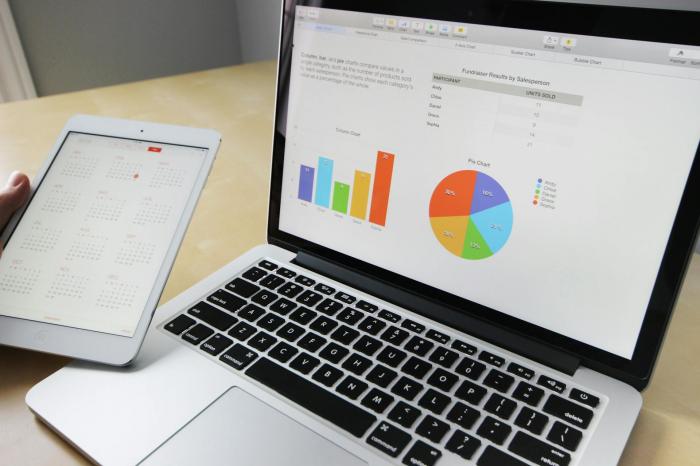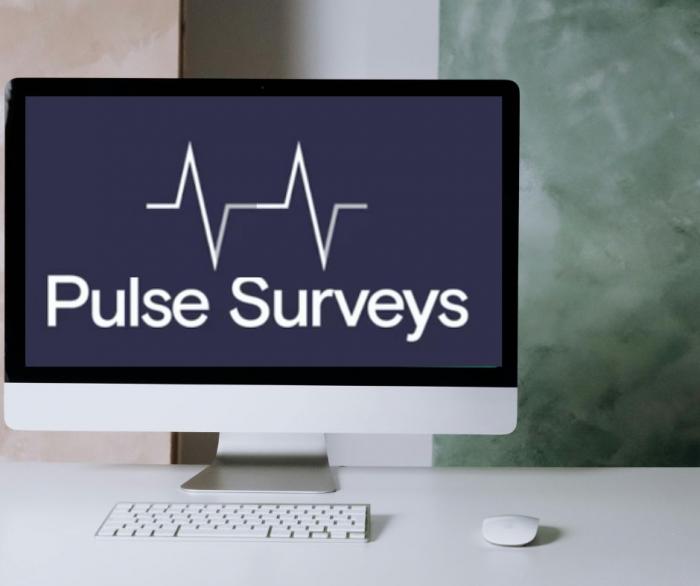How to Use ChatGPT to Create Online Surveys
 In the dynamic realm of data collection and analysis, the integration of advanced technologies has unlocked new dimensions of efficiency and insight. One such technology that has garnered attention is ChatGPT—an innovative language model developed by OpenAI. In this comprehensive guide, we will navigate through the process of harnessing ChatGPT's capabilities to craft, execute, and analyze online surveys. From comprehending the fundamentals of ChatGPT to the nuances of survey design and data interpretation, we've got you covered.
In the dynamic realm of data collection and analysis, the integration of advanced technologies has unlocked new dimensions of efficiency and insight. One such technology that has garnered attention is ChatGPT—an innovative language model developed by OpenAI. In this comprehensive guide, we will navigate through the process of harnessing ChatGPT's capabilities to craft, execute, and analyze online surveys. From comprehending the fundamentals of ChatGPT to the nuances of survey design and data interpretation, we've got you covered.
What is ChatGPT and How Does It Work?
ChatGPT is an AI chatbot that uses natural language processing to create humanlike conversational dialogue. It allows users to enter prompts and respond to questions and can compose various written content, including articles, social media posts, essays, code, and emails.
By grasping the intricacies of prompts and generating contextually relevant text, ChatGPT paves the way for the creation of online surveys that stand at the intersection of technology and human interaction.
Designing a Survey with ChatGPT
The first step in leveraging ChatGPT for surveys is crafting a well-structured and engaging set of questions. Begin by outlining the objectives of your survey. Are you seeking consumer feedback, academic insights, or employee engagement? Once your objectives are defined, frame questions that align with your goals. Use a mix of close-ended and open-ended questions to capture quantitative data as well as nuanced qualitative insights. All of this has been expatiated below
Writing Survey Questions with ChatGPT
Crafting effective survey questions demands a blend of precision and clarity. Begin by outlining the objectives of your survey. Are you seeking consumer insights, academic perspectives, or employee feedback? Armed with this clarity, fashion questions that resonate with your goals. Incorporate a mix of closed-ended questions for quantitative data and open-ended questions to capture qualitative insights that might otherwise remain concealed.
Creating Survey Descriptions with ChatGPT
Just as a captivating introduction draws readers into an article, a compelling survey description entices respondents to engage. Channel your creativity and clarity into drafting concise yet informative introductions that contextualize the purpose and importance of the survey. A well-crafted survey description not only fosters participant interest but also bolsters the credibility of your survey.
Providing Answer Options with ChatGPT
The art of survey construction lies in offering answer options that encapsulate a range of perspectives. Whether it's a Likert scale, multiple-choice, or open-text options, ensure they align with the nuances of your questions. Leverage ChatGPT to generate a spectrum of potential answer choices that resonate with the language and tone of the survey.
Conducting Follow-up Surveys with ChatGPT
The iterative nature of research often demands follow-up surveys. Here, ChatGPT plays a pivotal role. Seamlessly integrate prompts that reference previous survey responses, enabling a personalized and coherent continuation of the conversation. This approach not only nurtures engagement but also facilitates the collection of longitudinal data.
Analyzing Survey Results with ChatGPT
The culmination of a survey marks the threshold of analysis. Leveraging ChatGPT's prowess, input textual survey responses to initiate a comprehensive analysis process. ChatGPT's aptitude for pattern recognition can help identify recurring themes, sentiments, and trends within the collected data. It transforms the raw data into a tapestry of insights, driving informed decision-making.
Steps in Using ChatGPT to Analyze Survey Results
Inputting Survey Data
Once your survey garners responses, it's time to harness ChatGPT's prowess in data analysis. Feed the AI with textual survey responses, allowing it to dive into the intricacies of participant input.
Prompting for Insights
Employ prompts that instruct ChatGPT to distill and summarize open-ended responses. These prompts should encompass queries that seek overarching themes, sentiments, and patterns, transforming a deluge of data into understandable insights.
Categorizing Responses
Utilize ChatGPT's capabilities to categorize responses based on predefined criteria. By grouping similar responses together, you can unravel nuanced trends and viewpoints, facilitating focused analysis.
Generating Visual Summaries
Beyond text-based insights, ChatGPT can aid in generating visual representations of your data. Prompt the AI to create charts, graphs, or word clouds that visually depict the distribution of responses, adding a layer of clarity to your analysis.
Conclusion
In the epoch of technological innovation, ChatGPT emerged as a dynamic ally in the realm of survey creation and analysis. From sculpting coherent surveys to unraveling the labyrinthine threads of participant input, its versatility ushers in an era of insightful data collection. By seamlessly integrating ChatGPT into your survey workflow, you empower yourself to craft surveys that resonate, converse with participants naturally, and unravel meaningful insights from the data tapestry. As we traverse the ever-evolving landscape of digital interactions, ChatGPT stands as a beacon, illuminating the path to more profound understanding and informed decision-making.


